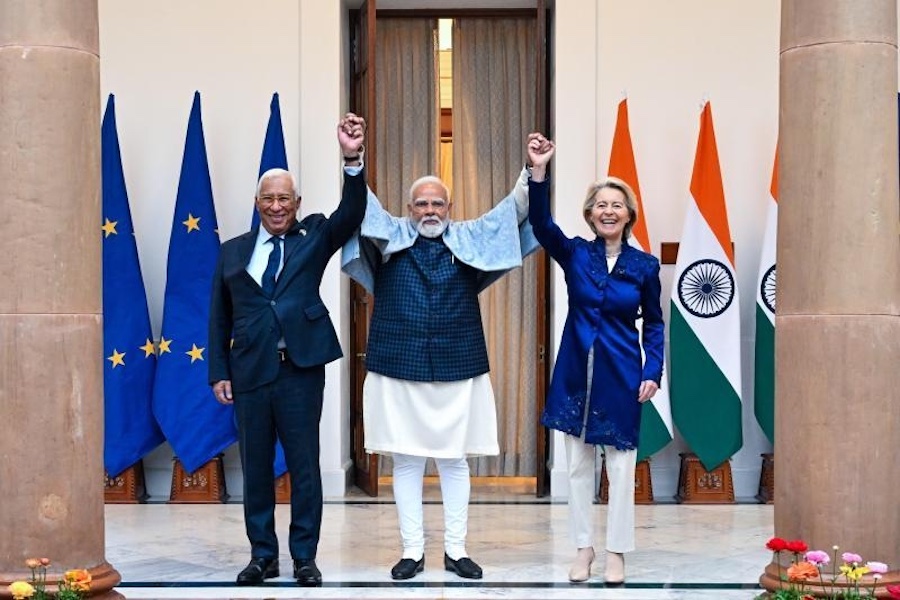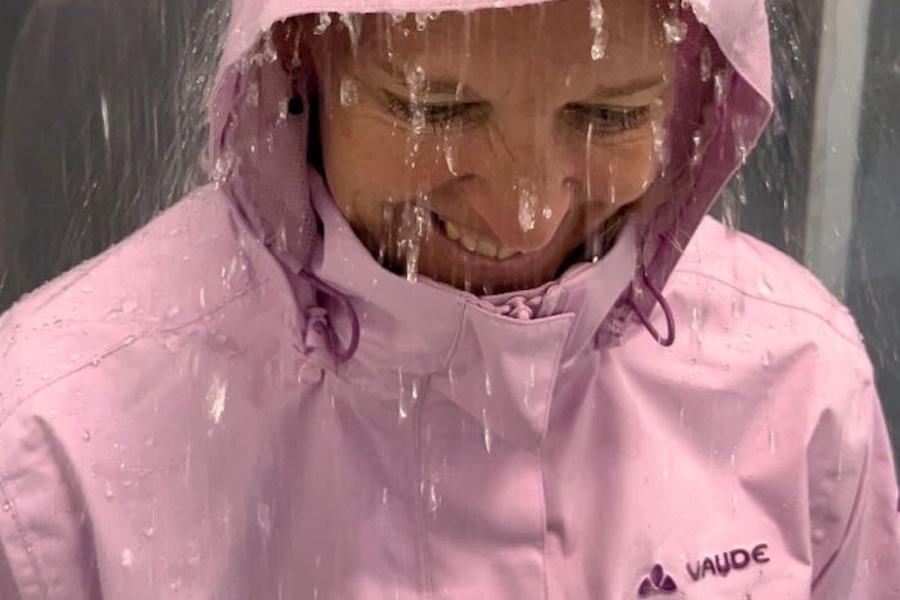#Europe
Ukraine: EU agrees on eighth package of sanctions against Russia
This package introduces new EU import bans worth €7 billion to curb Russia's revenues, as well as export restrictions, which will further deprive the Kremlin's military and industrial complex of key components and technologies and Russia's economy of European services and expertise. The sanctions also deprive the Russian army and its suppliers from further specific goods and equipment needed to wage its war on Ukrainian territory. The package also lays the basis for the required legal framework to implement the oil price cap envisaged by the G7.
Specifically, this package contains the following elements:
Additional listings
Additional individuals and entities have been sanctioned. This targets those involved in Russia's occupation, illegal annexation, and sham “referenda” in the occupied territories/oblasts of Donetsk, Luhansk, Kherson, and Zaporizhzhia regions. It also includes individuals and entities working in the defence sector, such as high-ranking and military officials, as well as companies supporting the Russian armed forces. The EU also continues to target actors who spread disinformation about the war.
EU restrictive measure target key decision makers, oligarchs, senior military officials and propagandists, responsible for undermining Ukraine's territorial integrity.
Extension of restrictions to the oblasts of Kherson and Zaporizhzhia
The geographical scope of the restrictive measures in response to the recognition of the non-government controlled areas of the Donetsk and Luhansk oblasts of Ukraine and the ordering of Russian armed forces into those areas has been extended to cover all the non-government controlled areas of Ukraine in the oblasts of Donetsk, Luhansk, Zaporizhzhia and Kherson.
New export restrictions
Additional export restrictions have been introduced which aim to reduce Russia's access to military, industrial and technological items, as well as its ability to develop its defence and security sector.
This includes the banning of the export of coal including coking coal (which is used in Russian industrial plants), specific electronic components (found in Russian weapons), technical items used in the aviation sector, as well as certain chemicals.
A prohibition on exporting small arms and other goods under the anti-torture Regulation has been added.
New import restrictions
Almost €7 billion worth of additional import restrictions have been agreed.
It includes, for example, a ban on the import of Russian finished and semi-finished steel products (subject to a transition period for some semi-finished), machinery and appliances, plastics, vehicles, textiles, footwear, leather, ceramics, certain chemical products, and non-gold jewellery.
Implementing the G7 oil price cap
Today's package marks the beginning of the implementation within the EU of the G7 agreement on Russian oil exports. While the EU's ban on importing Russian seaborne crude oil fully remains, the price cap, once implemented, would allow European operators to undertake and support the transport of Russian oil to third countries, provided its price remains under a pre-set “cap”. This will help to further reduce Russia's revenues, while keeping global energy markets stable through continued supplies. It will thus also help address inflation and keep energy costs stable at a time when high costs – particularly elevated fuel prices – are a great concern to all Europeans.
This measure is being closely coordinated with G7 partners. It would take effect after 5 December 2022 for crude and 5 February 2023 for refined petroleum products, after a further decision by the Council.
Restrictions on State-owned enterprises
Today's package bans EU nationals from holding posts in the governing bodies of certain state-owned enterprises.
It also bans all transactions with the Russian Maritime Register, adding it to the list of state-owned enterprises which are subject to a transaction ban.
Financial, IT consultancy and other business services
The existing prohibitions on crypto assets have been tightened by banning all crypto-asset wallets, accounts, or custody services, irrespective of the amount of the wallet (previously up to €10,000 was allowed).
The package widens the scope of services that can no longer be provided to the government of Russia or legal persons established in Russia: these now include IT consultancy, legal advisory, architecture and engineering services. These are significant as they will potentially weaken Russia's industrial capacity because it is highly dependent on importing these services.
Deterring sanctions circumvention
The EU has introduced a new listing criterion, which will allow it to sanction persons who facilitate the infringements of the prohibition against circumvention of sanctions.
More Information
The EU's sanctions against Russia are proving effective. They are damaging Russia's ability to manufacture new weapons and repair existing ones, as well as hinder its transport of material.
The geopolitical, economic, and financial implications of Russia's continued aggression are clear, as the war has disrupted global commodities markets, especially for agrifood products and energy. The EU continues to ensure that its sanctions do not impact energy and agrifood exports from Russia to third countries.
As guardian of the EU Treaties, the European Commission monitors the enforcement of EU sanctions across the EU.
The EU stands united in its solidarity with Ukraine, and will continue to support Ukraine and its people together with its international partners, including through additional political, financial, and humanitarian support.















